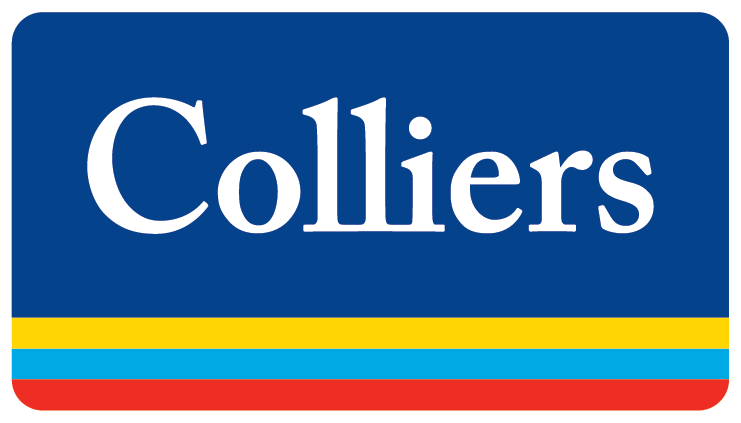The attraction of real estate assets connected to food distribution is, at times like these, double-fold, based on each side’s interest: on the investors’ end, the robustness of the underlying business and the liquidity available on the market allow the possibility of offering sale-and-leaseback operations to companies from the sector which own the buildings where they carry out their activity, whereas, on the seller’s end, it opens the possibility of freeing and capitalising on the value of their real estate assets with long-term leasing contracts; reinforcing their balances and reducing debt in terms of real estate so as to invest in improving their customers’ experience on their stores and consolidating plans of expansion, taking advantage of the lesser competence from other retail operators.
On the other hand, retail parks will also have a new life within the investment market, given what is already happening in the United States. Businesses located in retail parks using formulas such as "curbside pick-up" or "click-and-collect" are already showing increases in terms of visitors and sales, which offer the consumer a fast and secure way of shopping since the areas are wider and with free parking on the surface level.
«Several investment operations were closed and others advanced during the state of emergency; we saw that there were no cancellations on opening new stores and some operators took the opportunity to continue analysing possible locations, not only maintaining their expansion plans but upgrading them and accelerating their execution», stated Rafael Paz, director at the Valencia office for Colliers and in charge of the recent transaction concerning the hypermarket chain Family Cash.





